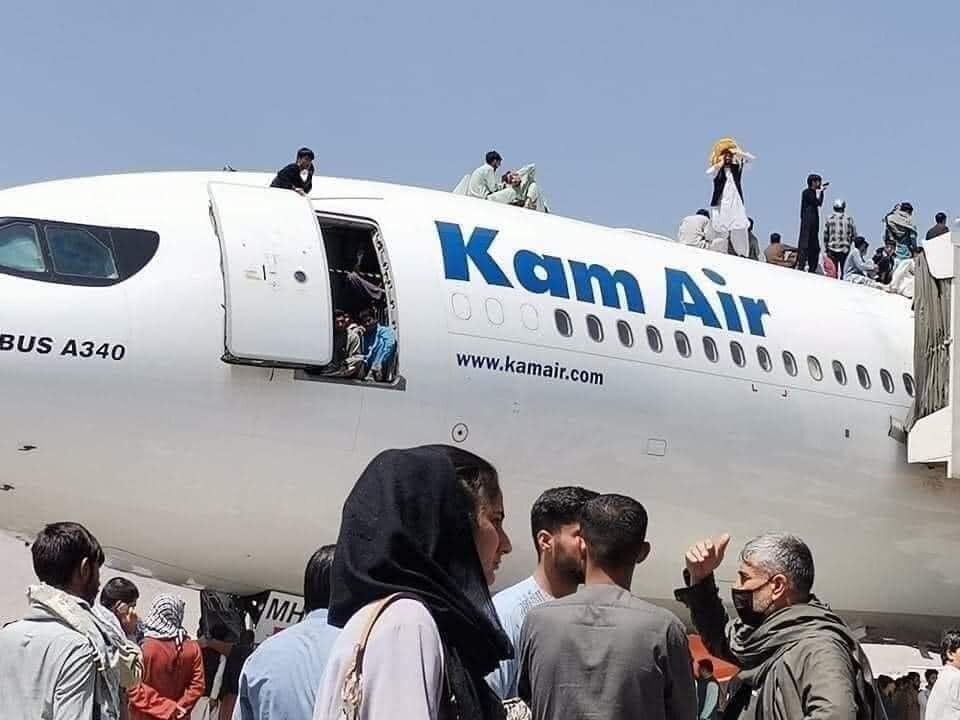Doha was the only Gulf state that signed the statement.
Qatar joined over 50 countries in calling for “a safe and orderly departure” for Afghans and foreign nationals wanting to flee Afghanistan after the Taliban gained control of the country on Sunday.
“Those in positions of power and authority across Afghanistan bear responsibility—and accountability—for the protection of human life and property, and for the immediate restoration of security and civil order,” read the joint statement, released by the US Department of State.
The state also said roads, airports and border crossing must remain open while maintaining calm in the country.
“The Afghan people deserve to live in safety, security and dignity. We in the international community stand ready to assist them,” added the statement.
Qatar urges peaceful power transition as Afghanistan falls to Taliban
Qatar was the only Gulf state on the list and joined Yemen as the only two Arab countries to sign the joint statement.
A state of panic
The Taliban entered the Afghan presidential palace on Sunday after taking control of all provincial capitals over the past week, declaring complete control over Afghanistan with the fall of Kabul.
Afghan President Ashraf Ghani fled to Tajikistan hours after reported negotiations with the Taliban at the palace to ensure a peaceful transition of power.
Shortly after the Taliban captured the palace, the US rushed to evacuate its personnel from the Hamid Karzai Airport. As a result, Afghans were not allowed to enter the airport, prompting crowds to break through.
Footage that emerged online showed Afghans scurry to board planes as US troops fired gunshots in the air to repel the crowds. Shocking footage also showed Afghans falling from the sky after latching on to the outside of planes in a last ditch attempt to flee the country.
At least five people were killed at the scene.
“Some people have left their keys in the car and have started walking to the airport,” one resident told Reuters in a phone call.
Worries over the Taliban’s seizure have increased over the past week. In particular, Afghan women and girls have been left fearful of their fate due to the group’s previous treatment of females.
When the Taliban ruled in the late 1990’s to 2001, women were not allowed to work and were denied education, in addition to a number of laws restricting their freedom.
According to the UN, the number of internally displaced people [IDP] in Afghanistan between 1 July and 15 August 2021 in Kabul alone reached 17,600, with the number of people requiring humanitarian assistance expected to rise.







